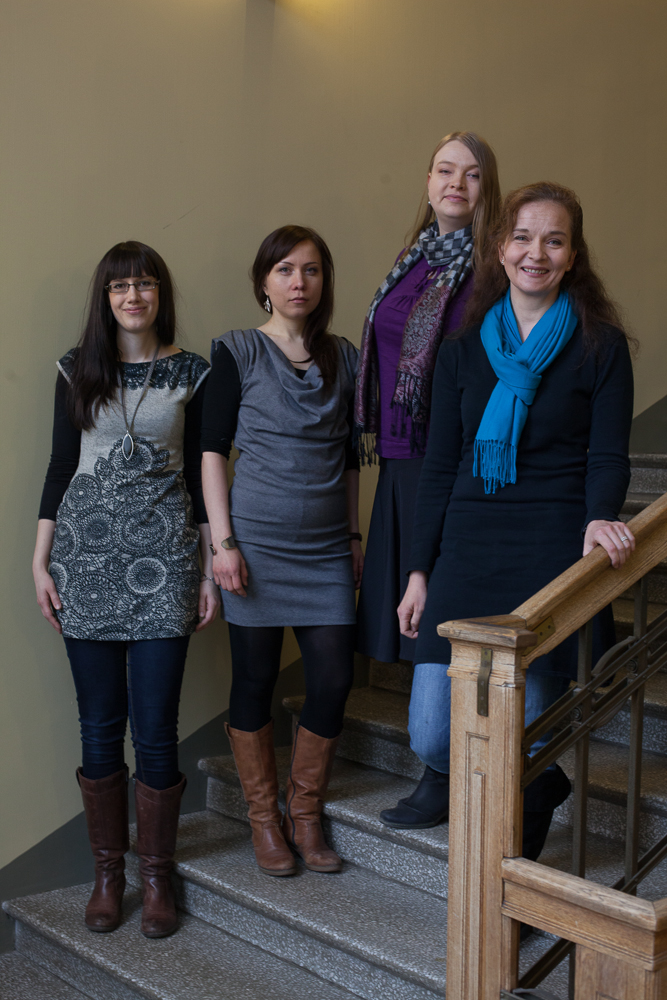Reforming the theory of citizenship education
The research project aims to construct a new theoretical understanding in relation to the philosophical conditions, possibilities, and justificatory principles of citizenship education in the pluralizing societies of the global era. It participates in the current philosophical discussion concerning the theories of citizenship education and derives from various philosophical traditions in order to achieve new understanding, particularly with regard to the tensions between pluralism and universalism, on the one hand, and the individual and society, on the other; both of these remain crucial for an adequate theory of citizenship education in today’s complex societies.
The research aims to study the relationship between moral agency, rationality, and the motivational and emotional preconditions of moral action. It aims to elaborate understanding on the relevance of the motivational and emotional preconditions of moral action, and thus provide a comprehensive understanding of the manifold preconditions of moral agency, as well as the educational possibilities for influencing the accomplishment of these conditions. Through this understanding, the research aims for new theorizations concerning the core elements of the theory of citizenship education.
The research draws upon the theoretical traditions of philosophical pragmatism, continental hermeneutic philosophy, continental critical theory, and American critical pedagogy. It utilizes the dialogue between these traditions in order to achieve a comprehensive understanding of the contemporary challenges of citizenship education and to develop new theoretical insights. The research methods include conceptual and historical analyses and philosophical reconstruction and argumentation. The methodological aim of the research is to analyze the special features of the research in the philosophy of education, and to further develop the methodology of this research field.
The project is conducted at the Institute of Behavioural Sciences at the University of Helsinki during the years 2012–2015 and it is funded by Kone Foundation and by Research Funding of the University of Helsinki.

